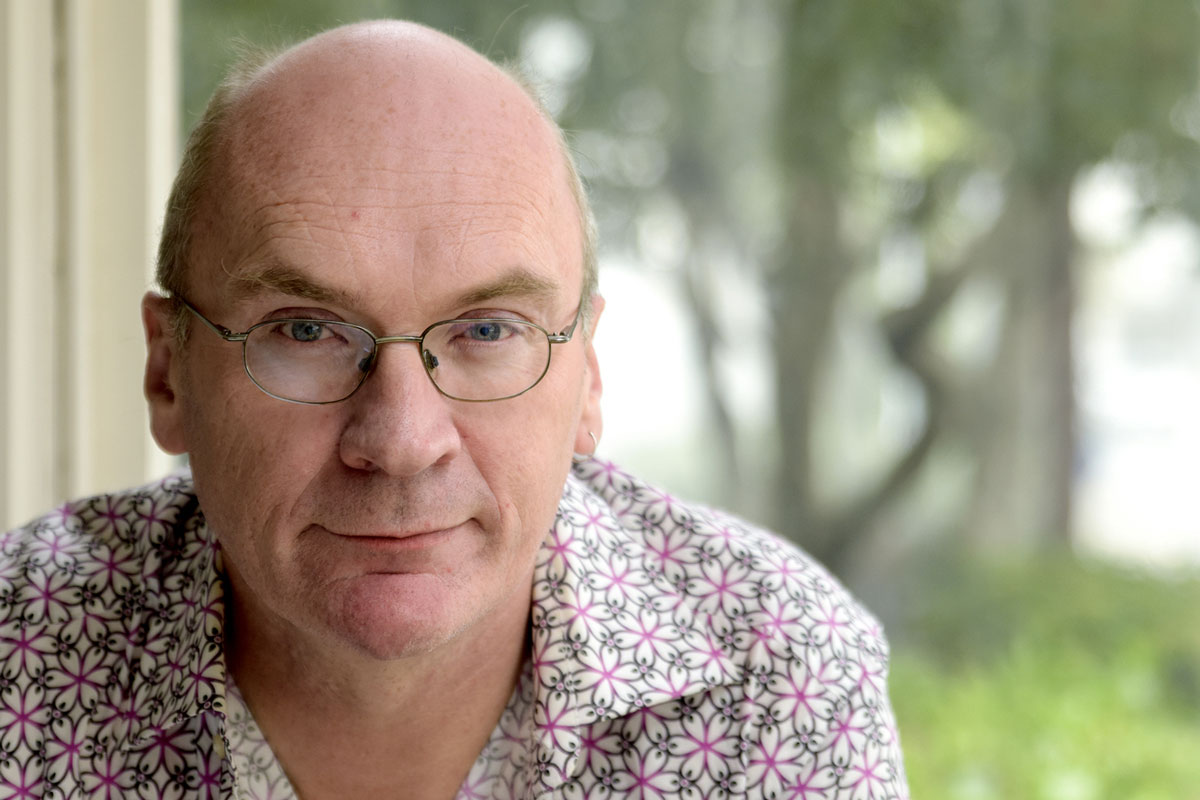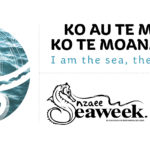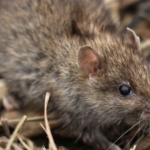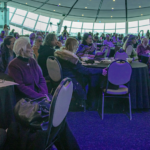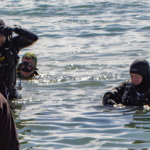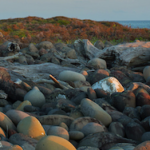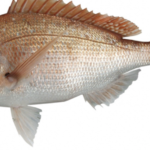For many, the countryside of the Waikato represents the economic heart of our rural hinterland. The green lush pastures that are the backbone of the northern areas dairying industry. For others the Waikato is a source of concern as its sediment and enriched nitrogen charged waters, flow out into the Firth of Thames smothering shellfish beds, causing algal blooms and raising seawater acidification levels. When Vincent O’Malley takes the stage at the Hauraki Gulf Marine Park Seminar on the 5th September he will be presenting another view of the Waikato.
A view most New Zealanders don’t know or are only vaguely aware of.
The Waikato as a war zone. The end result of rising tensions over what amounted to land grabs by colonials, where people died in their multitudes at the hands of armed volunteer militia and British soldiers. Where acts of bravery stood alongside atrocities, and where the outcome molded the country’s laws and the society we live in 150 years later.
‘This was not a small regional conflict of marginal relevance outside Waikato. It was not just a great war for New Zealand. It was the great war for New Zealand, with consequences that continue to be felt — if not always remembered — in multiple ways today,’ Dr. O’Malley wrote in his book The Great War for New Zealand released in 2016.
How that war, which he believes set back the relationship between Maori and Pakeha for generations, influenced the Hauraki Gulf and what lessons can be learned from it will form the basis of O’Malley’s presentation, appropriately held at the Auckland War Memorial Museum.
O’Malley has become one of the country’s most well know and respected historians. Having looked into many Treaty of Waitangi settlements as part of his work O’Malley believes the stories of injustice and great loss suffered by many iwi need to be more widely told and accepted.
Coming from a large working–class Irish Catholic family from Christchurch – O’Malley is the youngest of nine children. He acknowledges his own family’s background, coming from a group of settlers often maligned by the English and Scottish Presbyterians in the old country, and also by other British immigrants here, may have helped hone his views on the treatment of Māori.
“Those who were brought out to Christchurch at that time were there only because there was a desperate need for labourers and domestic servants.”
In some ways, no one is more surprised than he, that he didn’t follow his father and brothers into the Addington Railway Workshops.
“Instead, I became the first member of my family to go to university and that opened up new possibilities for me. But I didn’t have a plan to become a historian. It was just something that fell into place. I got offered a three-month contract researching Treaty claims for iwi in 1993, moved from Christchurch to Wellington to do that, and a quarter century later I’m still here doing the same thing.” The lack of many photos of O’Malley as a youngster, to go with this article, are an example of how tight money was while he was growing up.
O’Malley is married to Dr. Joanna Kidman an Associate Professor in the Faculty of Education at Victoria University of Wellington and of Tainui descent. (Ngati Maniapoto, Ngati Raukawa).
Their backing of an Otorohanga College students petition, helped to see 28 October (the same day as the signing of the 1835 Declaration of Independence) become a national day commemorating the New Zealand Wars.


